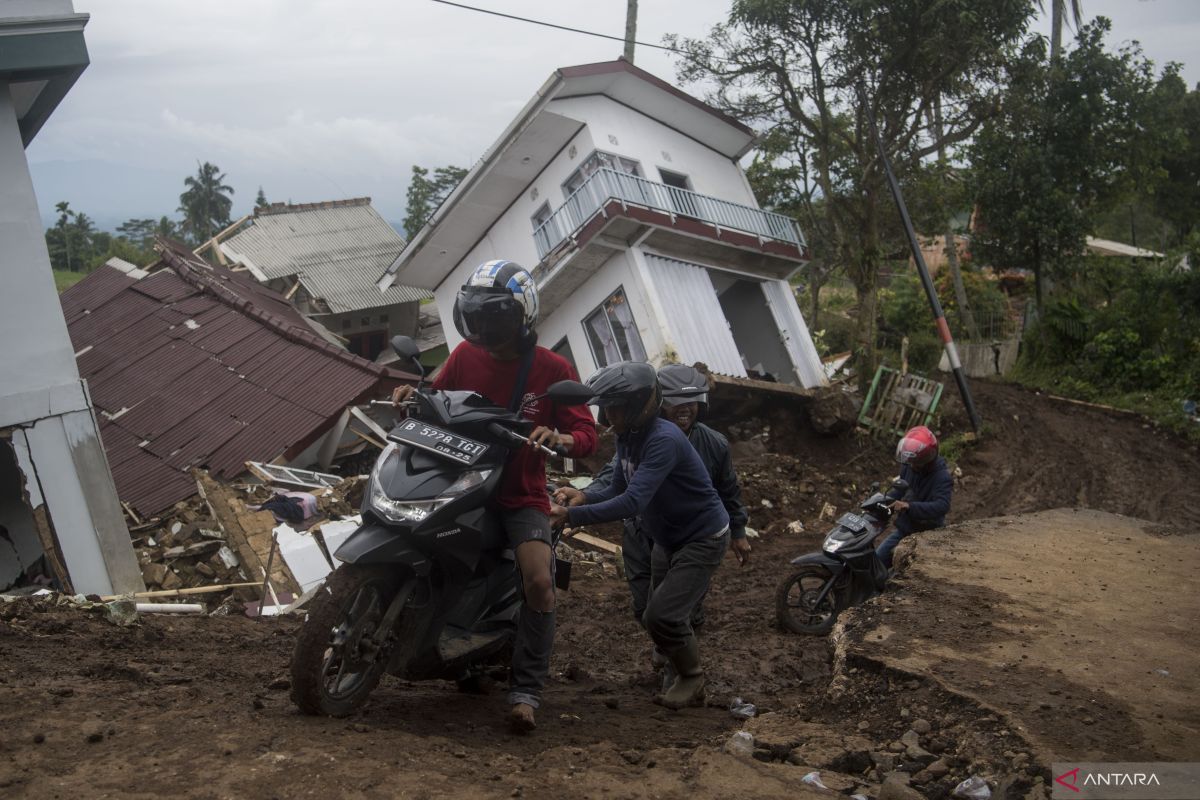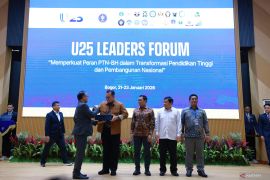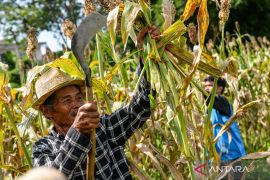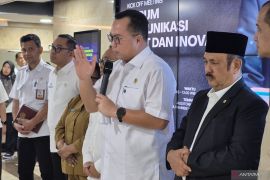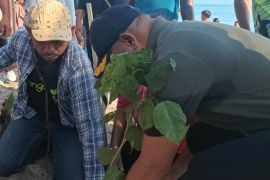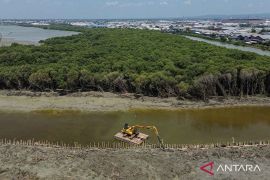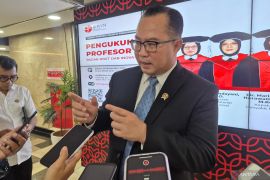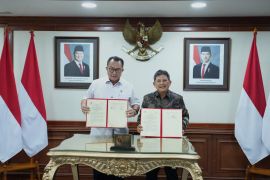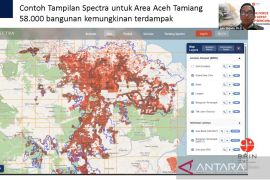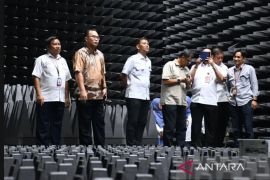"Every year, natural disasters destroy assets worth hundreds of billions of US dollars globally, with a more severe impact on developing countries like Indonesia," stated Irwanda Wisnu Wardhana, BRIN's Head of Cooperative, Corporate, and People's Economy Research Center, in a statement on Wednesday.
He noted that the limited budget requires the Indonesian government to build new infrastructure, such as schools, bridges, and airports, and handle post-disaster reconstruction.
Citing the circumstances during the Cianjur earthquake in 2022, Wardhana observed that around 70 percent of refugees came from vulnerable groups who found it difficult to cover their house reconstruction costs.
Therefore, BRIN was conducting a multi-year study to find a solution, such as by developing a proposal for an institution to handle disaster risk financing.
"We are now entering the second year of our multi-year study. Hopefully, we can continue it for five years, and we are proposing an institution to handle it," he stated.
He then outlined eight main recommendations to increase the role of disaster risk financing in Indonesia.
First, developing private-government partnerships to educate the public about the value of insurance through cooperation between the private sector and the government. Second, encouraging the insurance sector to expand liability insurance and reinsurance products.
Third, encouraging community innovation through regular forums between the insurance industry and the government. Fourth, some part of the insurance premium is included in taxes, although this will be controversial and requires further discussion.
"People with high socio-economic backgrounds do not trust insurance companies, while those with middle incomes have limited knowledge about insurance, and those with low incomes cannot afford to pay premiums," Wardhana remarked.
Fifth, urging the government to have sustainable funding regulations. Sixth, setting prerequisites for the community before receiving assistance from the government as a joint obligation arrangement.
Seventh, proposing to package policies that encourage community involvement in disaster prevention and mitigation and involve corporate social responsibility.
Lastly, encouraging disaster funds to be more flexible and responsive while involving insurance companies more actively.
Through existing research insights, he expressed hope that better policy recommendations would be prepared for the next government to improve the disaster risk financing system in the future.
Related news: Indonesia intensifies cooperation with Japan for carbon neutrality
Related news: BRIN collaborates with universities in stunting monitoring research
Translator: Sean Filo M, Resinta Sulistiyandari
Editor: Anton Santoso
Copyright © ANTARA 2024
